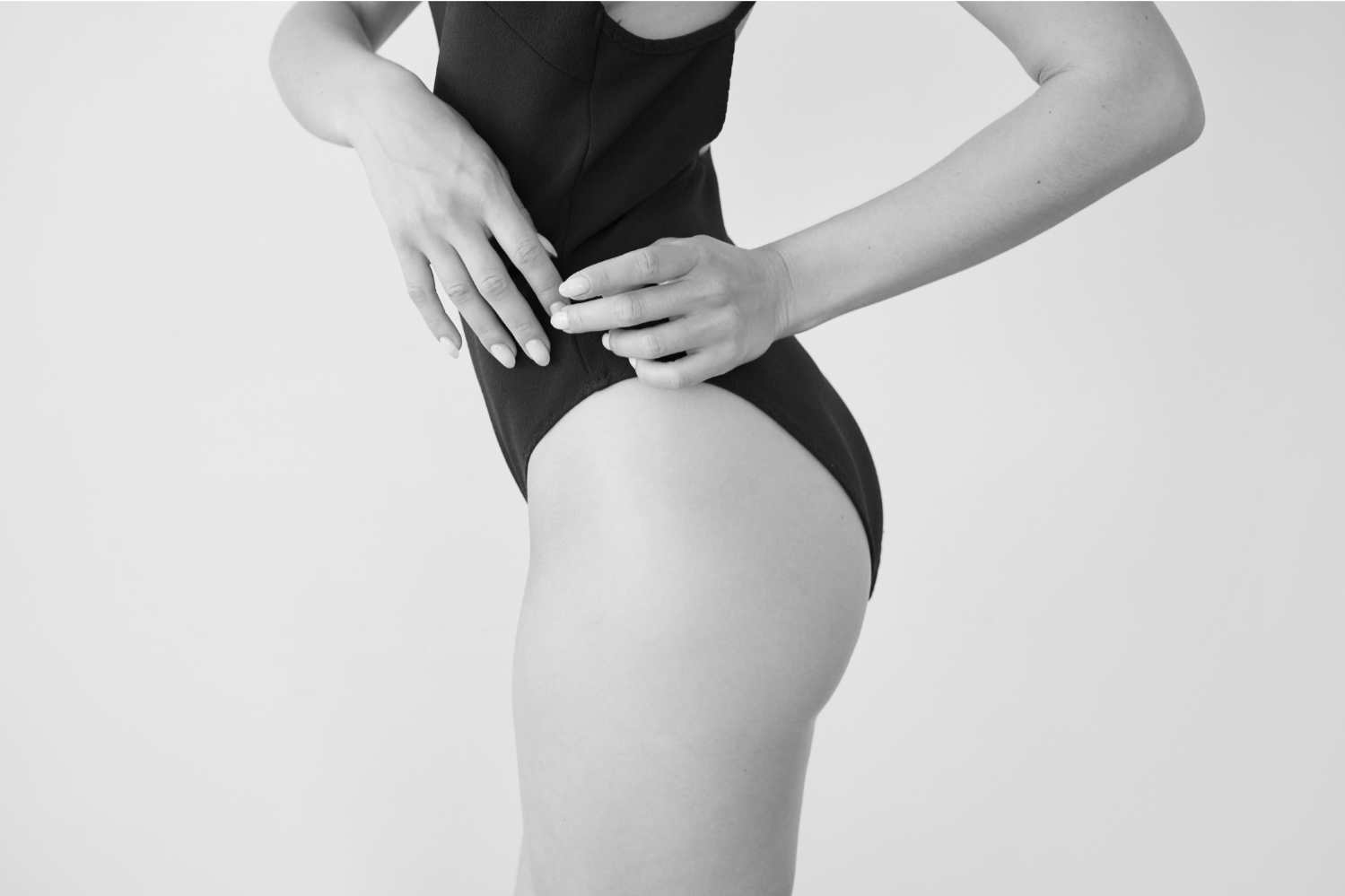Pelvic Floor Physiotherapy
Every woman can benefit from pelvic floor physiotherapy. Many women attend proactively to maintain health before symptoms arise. Assessments are tailored to your comfort, and an individualised treatment plan helps you reach your goals.
Whether proactive or symptom-driven, pelvic floor physiotherapy can help with:
Pelvic floor weakness or overactive muscles
Preconception proactive pelvic floor assessment
Bladder concerns
Stress (SUI), urgency (UUI), or mixed urinary incontinence
Overactive bladder (OAB) or increased urinary frequency
Bladder pain syndrome/interstitial cystitis
Incomplete bladder emptying
Recurrent urinary tract infections (UTIs)
Bowel concerns
Defecation disorders (obstructive defecation)
Constipation & straining
Faecal incontinence
Flatal incontinence (escaped wind)
Pelvic Organ Prolapse (POP)
Bladder/cystocele/anterior wall
Uterine prolapse
Bowel/rectocele/posterior wall
Vaginal vault prolapse
Pre- and post-prolapse surgery rehabilitation
Persistent pelvic pain
Dyspareunia (pain with intimacy)
Vaginismus, vulvodynia, vestibulodynia
Coccydynia
Endometriosis, adenomyosis, and PCOS-related concerns
Peri & Post Menopause Concerns
Genitourinary syndrome of menopause
Vaginal atrophy
Pelvic pain
Prolapse
Urinary incontinence
Constipation
Recurrent urinary tract infections (UTI)
Other support and rehabilitation
Pelvic floor dysfunction in athletes
Pre- and post-gynaecological surgery rehabilitation
Individualised exercise prescription and home-based Pilates

